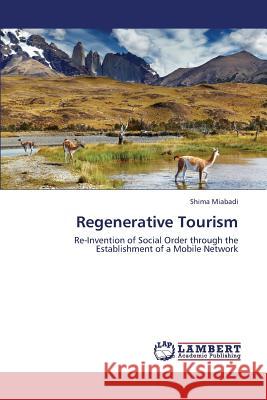Regenerative Tourism » książka
Regenerative Tourism
ISBN-13: 9783659404528 / Angielski / Miękka / 2013 / 56 str.
Urban metabolism is the conservation and expansion process of a specific system through the evaluation of energy intake and the waste generated within an environment. The analysis that is derived from this evaluation will demonstrate and suggest methods in which urban sustainability can be approached. By controlling the urban expansion and implementing a modular, responsive eco-tourism network on top of the existing city plan, we can begin to limit and manipulate the transition zone between the built and the natural environment. The scale and application of the network will be a direct response to the energy intake and outtake of specific sites in Nairobi, which in turn will stimulate a more sustainable urban growth model/system. Through strategic establishment of active nodes based on sensory and experiential parameters that respond to land regeneration rates, the improved eco-tourism network can address issues of conservation and localize the tourism job market. Consequently, the goal is not necessarily to increase the number of tourists, but to maximize the tourist experience, while at the same time minimizing its footprint.











